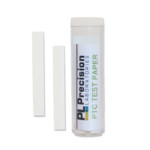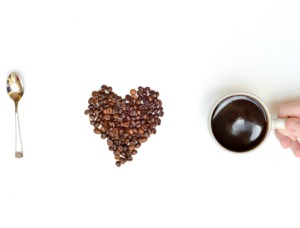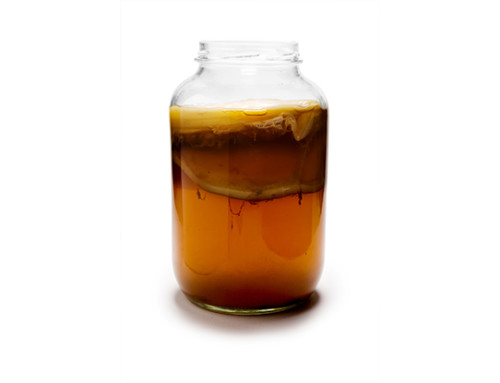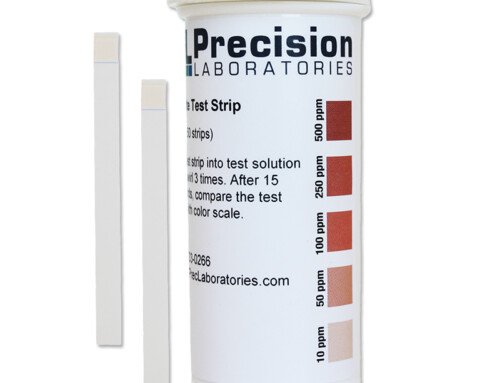Two things that actually have some common ground: genetics and beer. Bet you didn’t see that coming. We found a couple of articles online from craft beer bloggers who tried experiments using our taste test strips (PTC, Sodium Benzoate, Thiourea, PROP) to correlate between the participants that like hoppy beers and those that don’t. In other words, if you’re a taster, and the PTC taste test paper tastes bitter to you, should you then dislike IPA’s?
 Here’s an example of some beer fans who tried our taste test strips, but were surprised by the results. Essentially, a group of craft beer fans who all like IPA’s tried the PTC taste test strips, and some experienced a very bitter reaction, while others had little to no reaction. Why do the tasters still like bitter hoppy beers?
Here’s an example of some beer fans who tried our taste test strips, but were surprised by the results. Essentially, a group of craft beer fans who all like IPA’s tried the PTC taste test strips, and some experienced a very bitter reaction, while others had little to no reaction. Why do the tasters still like bitter hoppy beers?
The group went on to try our other taste test strips, and received some even further interesting results. For example, when tasting the Sodium Benzoate test paper, some found it tasteless to slightly sweet, moderately sweet, or even salty. So, what doesn’t add up here? Why might a supertaster who doesn’t like bitter foods still like IPAs?
Well, for starters, the obvious answer is alcohol.
The less obvious answer is that outside influences can cause the brain to overlook the bitter taste and condition the drinker that the bitter is not bad.
Outside Influences Affecting Taste
Dr. Nicole Garneau is a geneticist at the Denver Museum of Nature & Science who is interested in the way a person’s DNA affects their ability to taste, and therefore, their food choices and diet. She has explained human taste as a sensor that is pre-wired to keep us alive. Essentially, if you taste something bitter, it’s a red flag to the brain that it could be poisonous, versus something sweet that we associate as something good. This goes back to the days of early primal humans.
So, if we’re supposed to be averse to bitter tastes, why do so many people like coffee, dark chocolate, leafy green vegetables, and hoppy beers?
Dr. Garneau has explained that environmental factors, or outside influences, are to blame. Here’s an example she gave to help explain: If you’ve ever had a bad experience with food, something that made you sick one time, it’s likely you didn’t go back for that food for a while. Or maybe you’re still avoiding it to this day. Did your genes change? No. You can’t change your genes, but because of an outside influence, you are now conditioned to avoid that food.
 Conditioning allows your brain to work around your genes. Here’s another example: as kids, most of us thought coffee was disgusting, but as adults, most of us have grown to love it, partially (or maybe totally) because of its ability to keep us awake and alert.
Conditioning allows your brain to work around your genes. Here’s another example: as kids, most of us thought coffee was disgusting, but as adults, most of us have grown to love it, partially (or maybe totally) because of its ability to keep us awake and alert.
Bitter beer is no different. If you’re a supertaster, and you dislike bitter, it may take up to 20 tries of hoppy beers until your brain reconditions itself to recognize this beer as a welcomed drink. Or maybe you will never be reconditioned to like it. But the point is, just because you might have an extremely bitter reaction to PTC paper, doesn’t mean you can’t like an IPA.
We’re curious to hear from you and get your thoughts on the topic. We challenge you to do an experiment like these guys, trying all the taste test papers, or at least the PTC, and comparing it to your beer preferences, as well as other food and drink preferences, like coffee or broccoli.







Leave A Comment